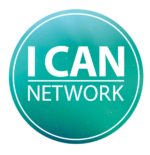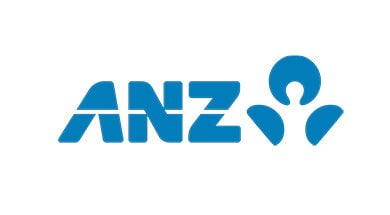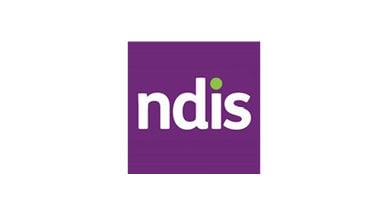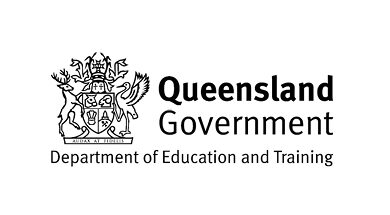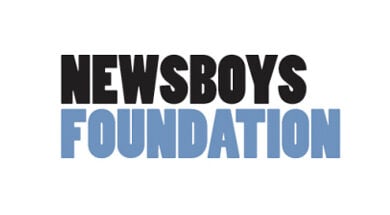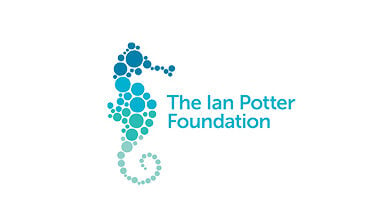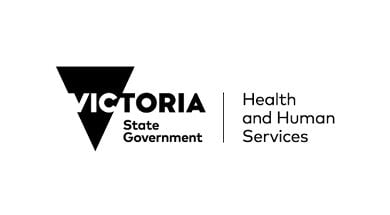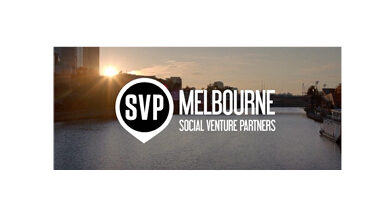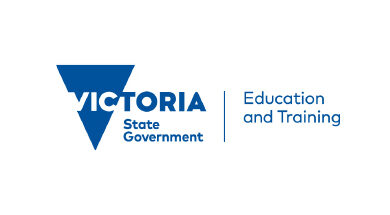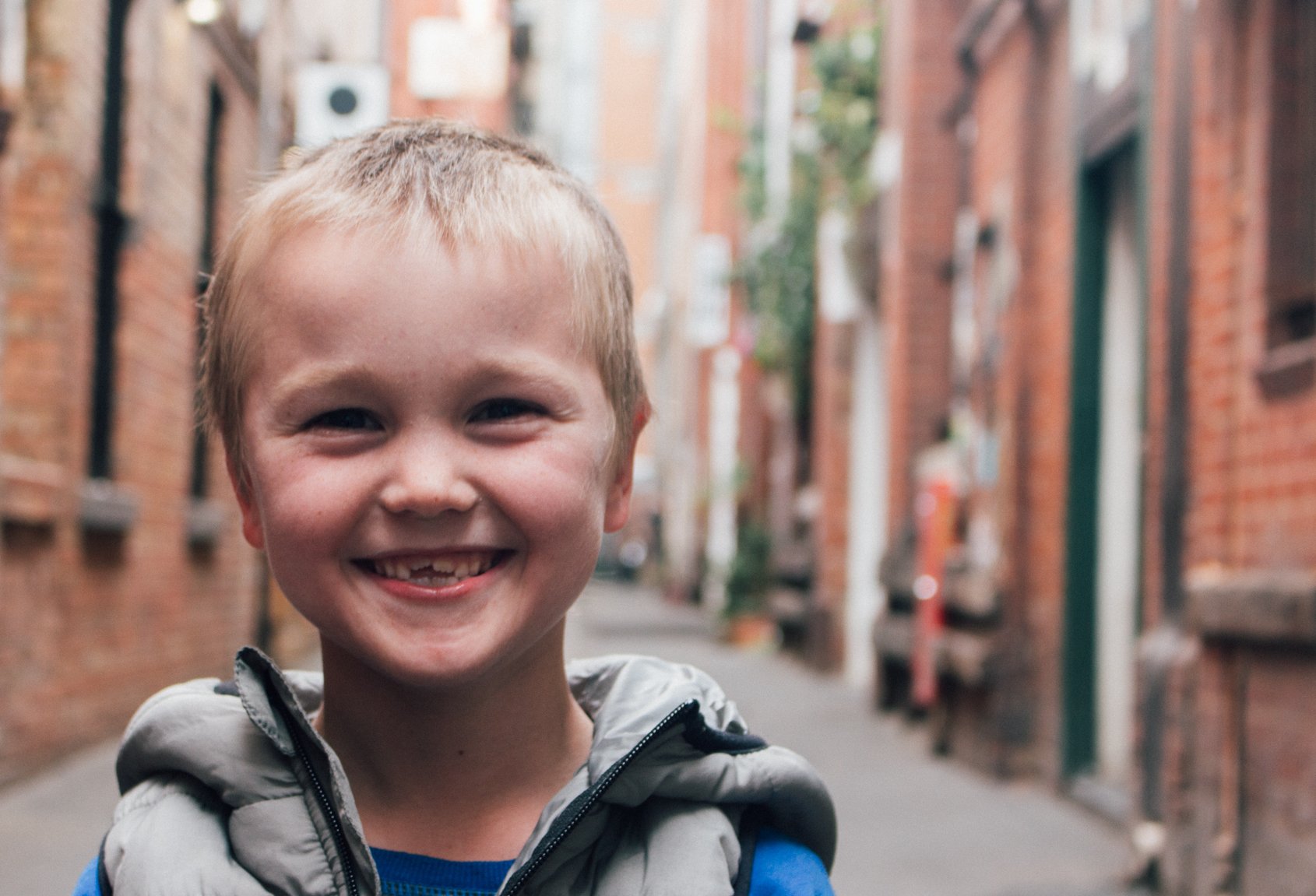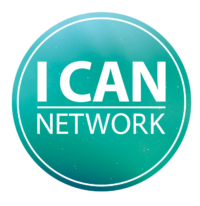“I CAN celebrates diverse thinking and provides the skills for autistic and neurodiverse students to have a voice”
Kyla – Deputy Principal, Coburg North Primary School
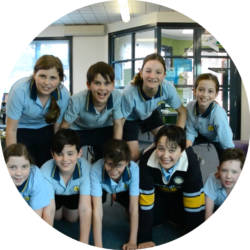
I CAN SCHOOL®
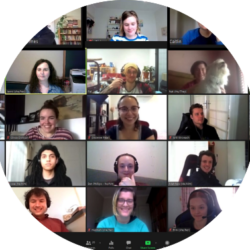
I CAN online
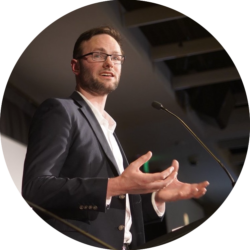
I CAN TALKS
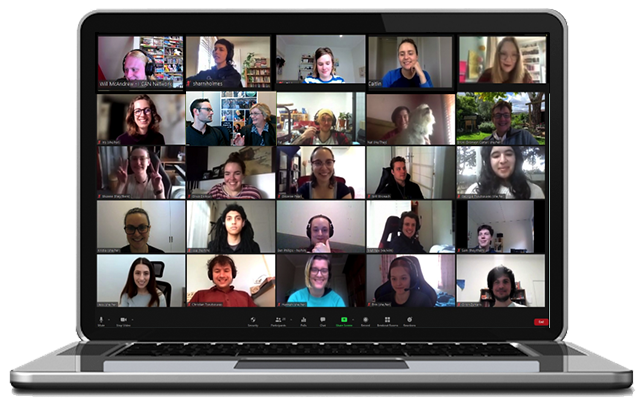
OUR SOCIAL IMPACt
Our mentoring programs build a community around Autistic students which celebrates their individual strengths. The I CAN mentoring programs leverage the strengths and interests of Autistic students to build their confidence. Our results suggest our approach is working.
Our statistics also provide insight into the challenges autistic young people face in school and beyond, and highlight the importance of programs that improve autistic young people’s social connections and self-esteem.
